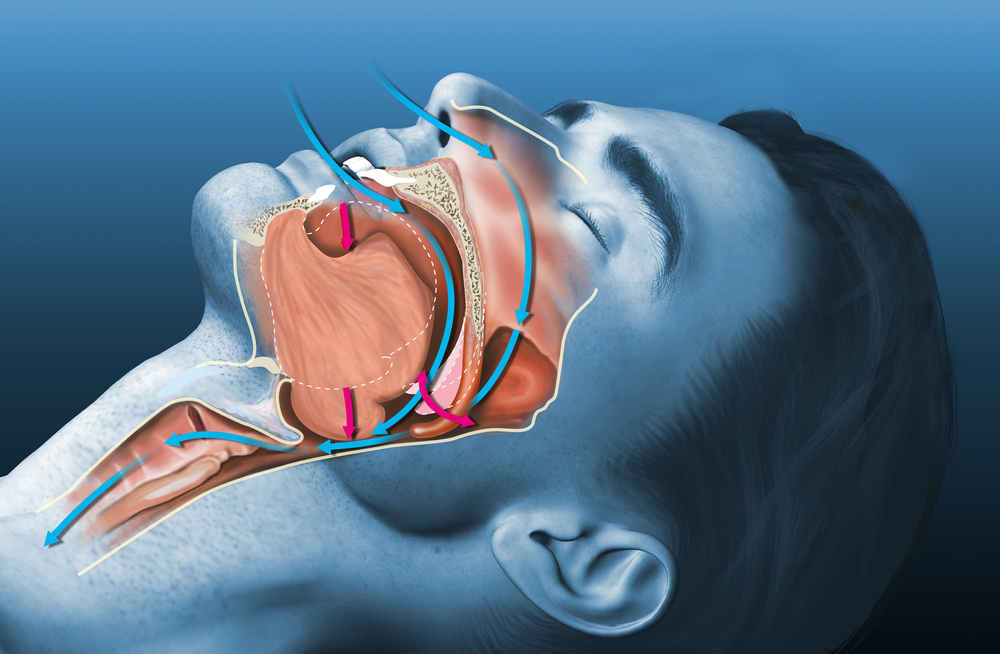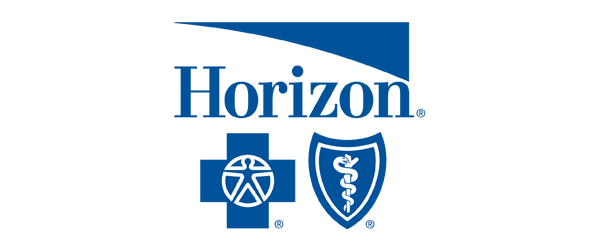
Are you always fatigued, even after what seems like a full night’s sleep? Does your snoring resonate through the house, or does it sound like you’re gasping for air? You may benefit from tailored sleep apnea treatment.
These aren’t mere annoyances – they could be signs of sleep apnea, a widespread yet often undiagnosed disorder that disrupts the vital process of restful sleep. Millions grapple with this condition, unknowingly compromising their health and wellbeing.
Sleep apnea is characterized by repeated interruptions in breathing during sleep. These pauses are known as “apneic events” and can range from brief moments to extended periods, occurring dozens of times each hour. Every interruption triggers a brief awakening, preventing you from reaching the deep, restorative sleep your body needs.
This chronic sleep deprivation leads to excessive daytime sleepiness, fatigue, and a cascade of potential health problems. Seeing a sleep apnea specialist is usually the best solution.
Sleep Apnea Treatment Options for a Restful Night
Treatment for sleep apnea is tailored to the individual and the severity of their condition. Lifestyle changes, such as weight loss, regular exercise, and avoiding alcohol and smoking, can improve mild cases.
Continuous positive airway pressure (CPAP) therapy is the most common and effective treatment for moderate to severe sleep apnea. It involves wearing a mask that delivers pressurized air to keep the airway open during sleep.
Oral appliances, custom-fitted devices that reposition the jaw or tongue, are another option. In select cases, surgery may be recommended to correct anatomical issues.
Beyond traditional treatments, innovative therapies are emerging to address sleep apnea:
- Hypoglossal nerve stimulation involves implanting a device that stimulates the nerve controlling tongue movement, keeping the airway open.
- Positional therapy uses techniques to avoid sleeping on the back, which can worsen sleep apnea.
- Drug therapy, including medications that aid in weight loss, is being explored.
- Expiratory positive airway pressure (EPAP) devices use valves to create pressure on exhalation, while throat exercises strengthen the muscles of the airway.
Obstructive Versus Central
There are two primary forms of sleep apnea that snoring treatment addresses: obstructive sleep apnea (OSA) and central sleep apnea (CSA). Understanding the distinction between these two types is crucial for accurate diagnosis and effective treatment.
- OSA is the most prevalent type. It occurs when the muscles in the back of your throat relax excessively during sleep, causing the airway to narrow or collapse. This physical obstruction prevents air from flowing freely into the lungs.
- CSA, a less common variant, originates in the brain. Your brain fails to send the necessary signals to the muscles that control breathing, resulting in intermittent pauses in respiratory effort.
The underlying causes of sleep apnea vary depending on the type. OSA is often linked to a confluence of factors, including excess weight, which can lead to fat deposits around the upper airway that obstruct airflow. Anatomical factors, such as a naturally narrow airway or enlarged tonsils or adenoids, can also contribute. Gender and age play a role, with men and older adults generally at higher risk.
Lifestyle choices, such as smoking, alcohol consumption, and the use of sedatives, can also exacerbate your condition. Nasal congestion and certain underlying medical conditions can also complicate matters.
CSA is most often caused by underlying medical conditions that affect the brain’s ability to control breathing, such as heart disorders, stroke, or opioid use. Consulting the right sleep apnea therapy specialist is often the most effective route.
Symptoms You Shouldn't Ignore
Sleep apnea treatment doctors will tell you that your symptoms can be subtle or pronounced, but they should never be dismissed. Loud and disruptive snoring is a common hallmark, often accompanied by observed pauses in breathing during sleep.
Gasping for air during sleep, morning headaches, and excessive daytime sleepiness are also frequent indicators. Difficulty concentrating, irritability, and mood changes can further signal the presence of sleep apnea. Recognizing these symptoms is the first step toward seeking diagnosis and treatment.
Untreated sleep apnea can have severe and far-reaching consequences for your health. It significantly increases the risk of developing high blood pressure and cardiovascular diseases, including heart attacks and strokes. It can also contribute to the development of type 2 diabetes and metabolic syndrome, further compromising overall health.
Liver and eye problems, such as glaucoma, can also arise. The chronic fatigue associated with sleep apnea increases the risk of accidents, both on the road and in the workplace. Additionally, it can lead to mood disorders, such as depression and irritability, and a decrease in libido.
Treatment for Sleep Apnea: Finding the Right Solution
A proper diagnosis typically involves a combination of a physical examination, a review of medical history, and a sleep study by a sleep apnea treatment doctor or pain management specialist. During the physical exam, your doctor will examine your throat, nose, and mouth, and may measure your neck and waist circumference. Your medical history will provide valuable insights into your symptoms and risk factors.
The gold standard for diagnosis is the sleep study, which monitors various physiological parameters during sleep. Sleep studies can be conducted in a sleep laboratory (polysomnography or PSG) or at home (home sleep apnea test or HSAT). In a PSG, sensors are attached to your body to monitor brain waves, heart rate, breathing, and oxygen levels. You will be asked to sleep as you normally would.
HSATs are simpler, portable tests that can be used at home. The results of the sleep study are analyzed to determine the severity of your sleep apnea, typically measured by the Apnea-Hypopnea Index (AHI).
Don’t let sleep apnea dictate the quality of your life. Early diagnosis and treatment are crucial for reclaiming your rest and safeguarding your health. If you suspect you have sleep apnea, consult your doctor today. With the right approach, you can sleep soundly and live vibrantly, restoring your energy and health.










